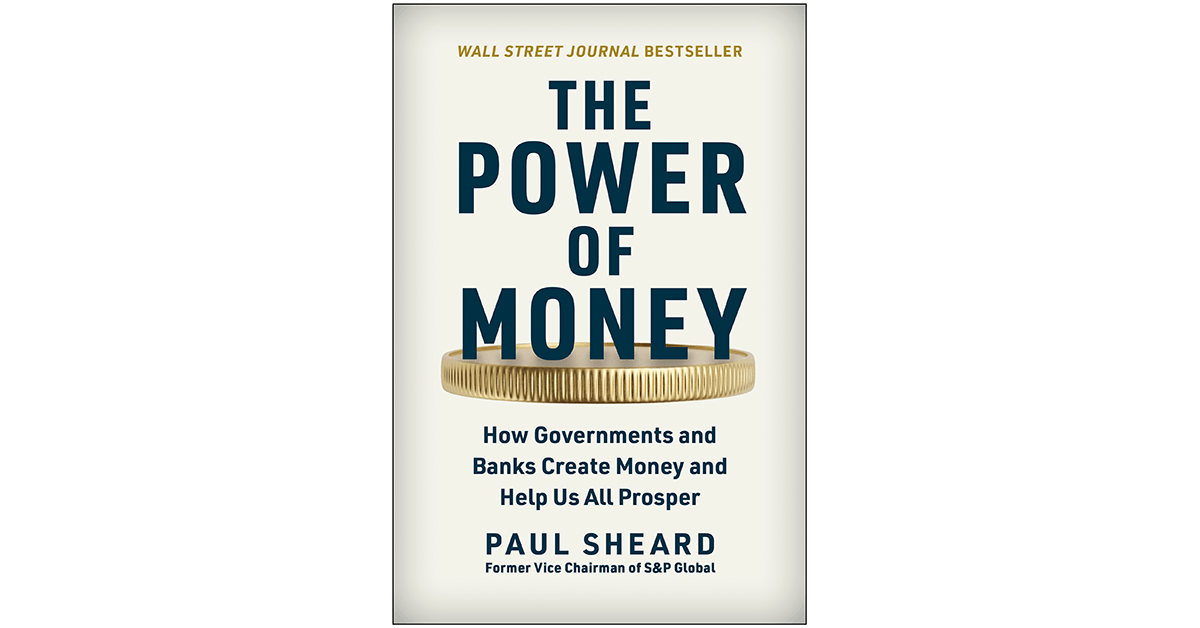Key Points:
- The book “The Power of Money” by Paul Sheard offers a fresh perspective on money and its impact on society.
- Sheard explains the misconceptions about government debt, emphasizing that it is not the same as personal debt.
- The author explores various topics related to money, including bank runs, financial crises, wealth inequality, and cryptocurrencies.
- The euro sovereign debt crisis highlighted a flaw in the euro area’s economic architecture, raising questions about the sustainability of the currency.
- Sheard argues that extreme wealth inequality is a by-product of market processes and that the uber-rich may not be as harmful as commonly believed.
- Cryptocurrencies, like bitcoin, may struggle to compete with traditional money but could contribute to reshaping the monetary ecosystem through innovation.
In “The Power of Money: How Governments and Banks Create Money and Help Us All Prosper,” Paul Sheard provides insightful explanations about the nature of money and its role in shaping economies. Sheard, an Australian American economist and former vice chair of S&P Global, dispels common misunderstandings and controversies surrounding money. He challenges the notion that government debt burden future generations, arguing that each generation leaves a capital stock that is larger and better than what it received.
The book delves into various important topics, such as bank runs, financial crises, wealth inequality, and cryptocurrencies. Sheard highlights the risks posed by money to an economy and society, including the liquidity mismatch between financial claims and productive assets. He criticizes the US Federal Reserve for its failure to act as the lender of last resort during the Lehman Brothers crisis in 2008.
Furthermore, the euro sovereign debt crisis exposed a structural flaw in the euro area’s economic architecture. Member states are required to pool their monetary sovereignty but retain fiscal sovereignty, resulting in borrowing in a foreign currency. Sheard argues that for the euro to endure, member nations must embrace strict fiscal restraints and recognize that monetary union is a political act.
Sheard also addresses wealth inequality, noting that it is a result of market processes, and argues that the uber-rich may not be as detrimental as commonly believed. He emphasizes the need for governments to focus on improving the plight of the poor independently of taxing the rich.
The book also discusses cryptocurrencies, such as bitcoin, and their relationship with the traditional monetary system. Sheard suggests that cryptocurrencies are not completely detached from the legacy system but may struggle to fulfill the three roles of money. However, their innovative potential could contribute to reshaping the monetary ecosystem.
In summary, “The Power of Money” provides valuable insights into the workings of money, especially in today’s landscape of technological innovations and policy experiments. It challenges conventional wisdom and offers a fresh perspective on wealth, government debt, and the future of money.







